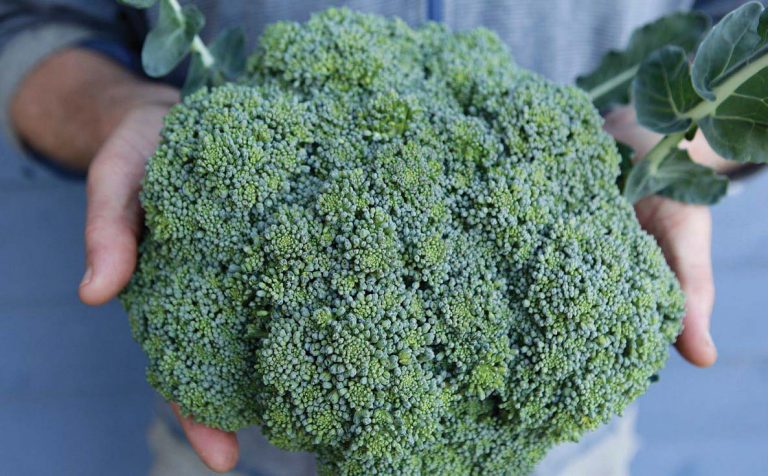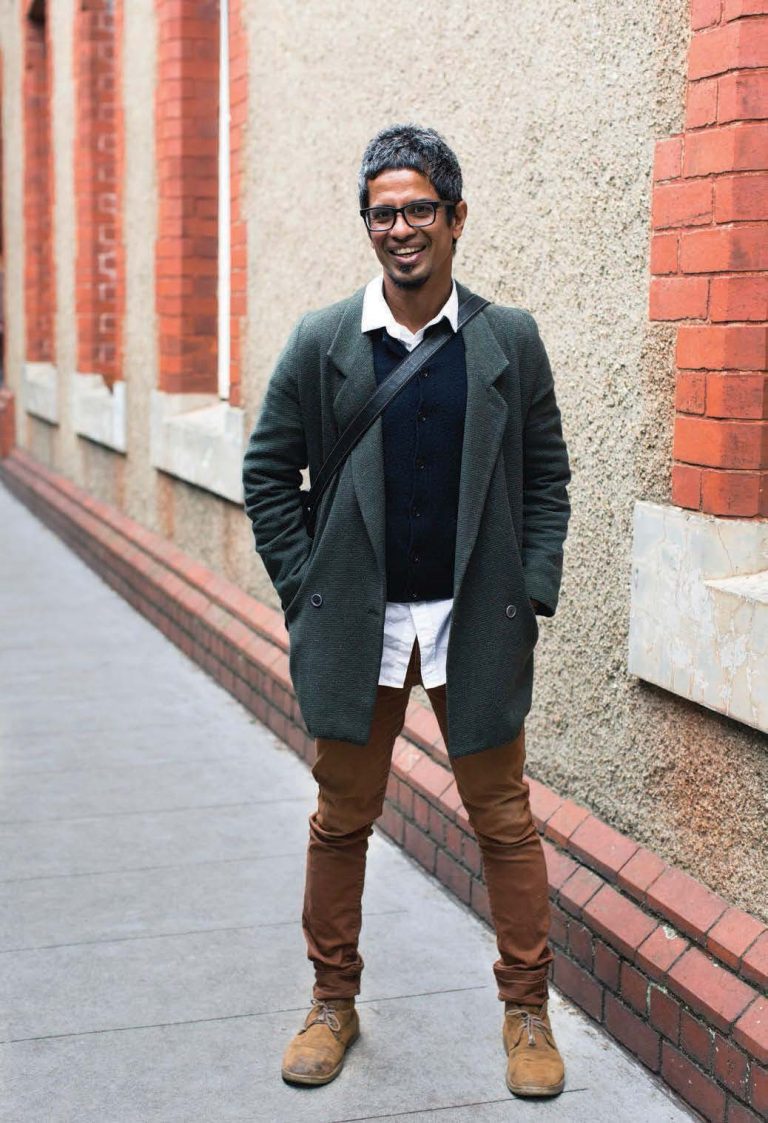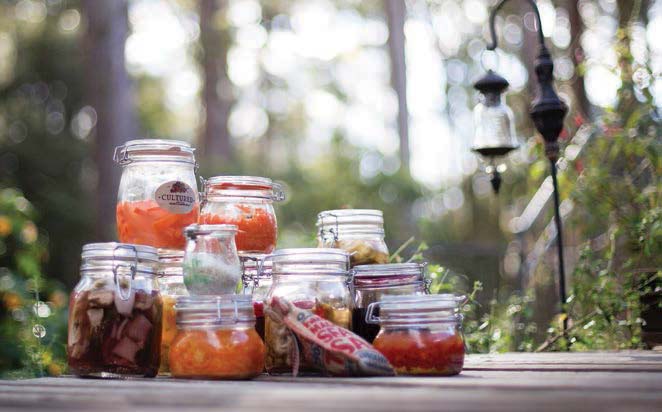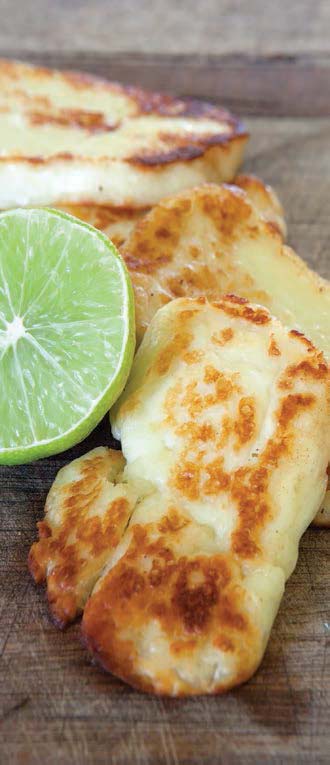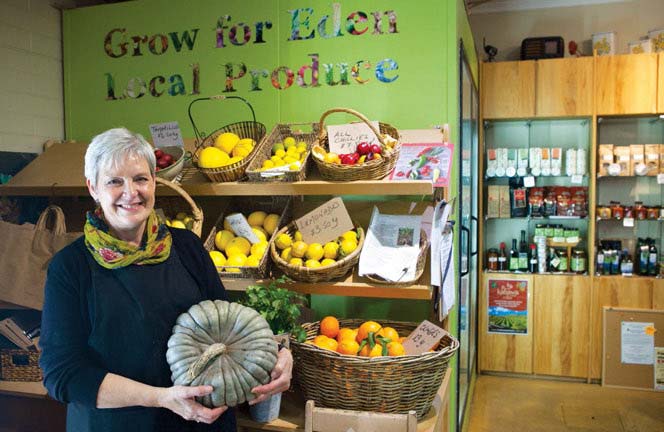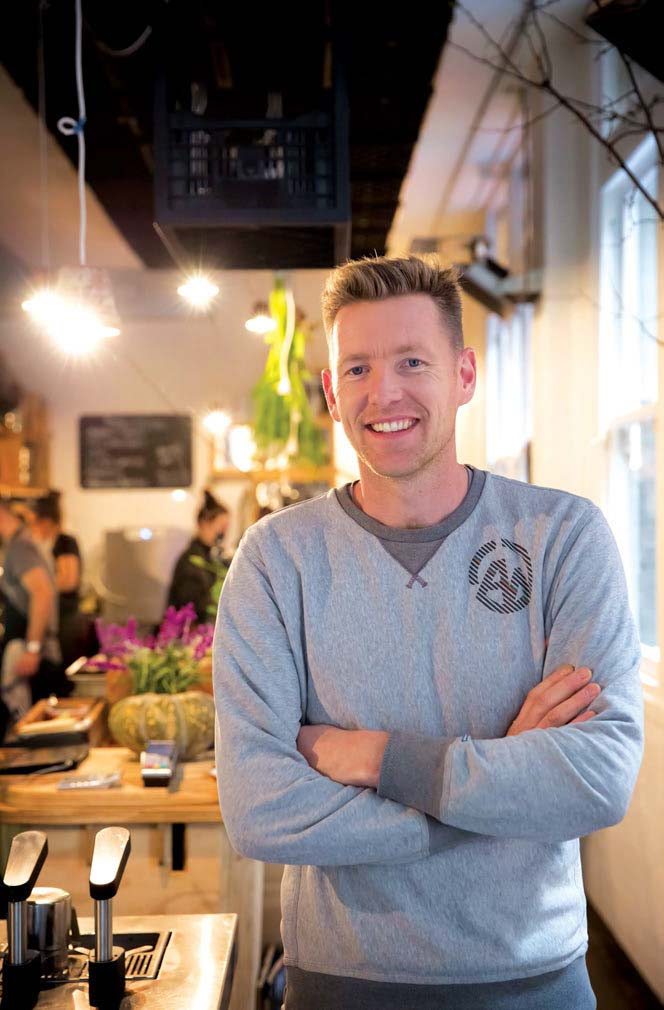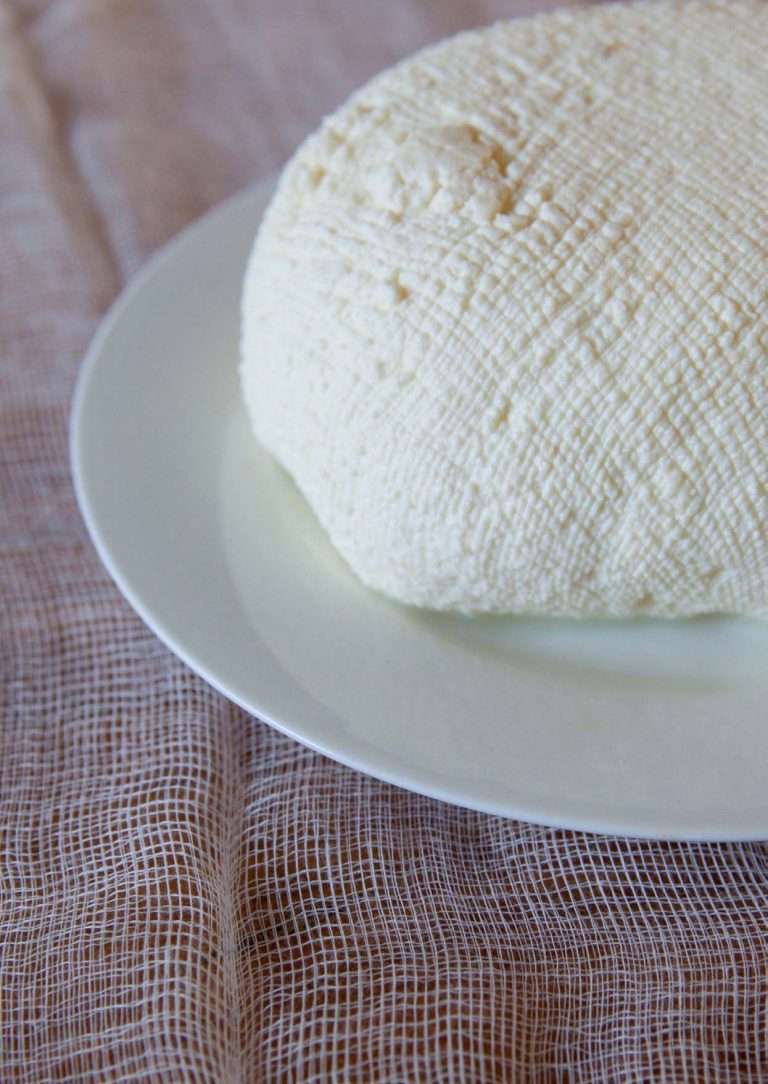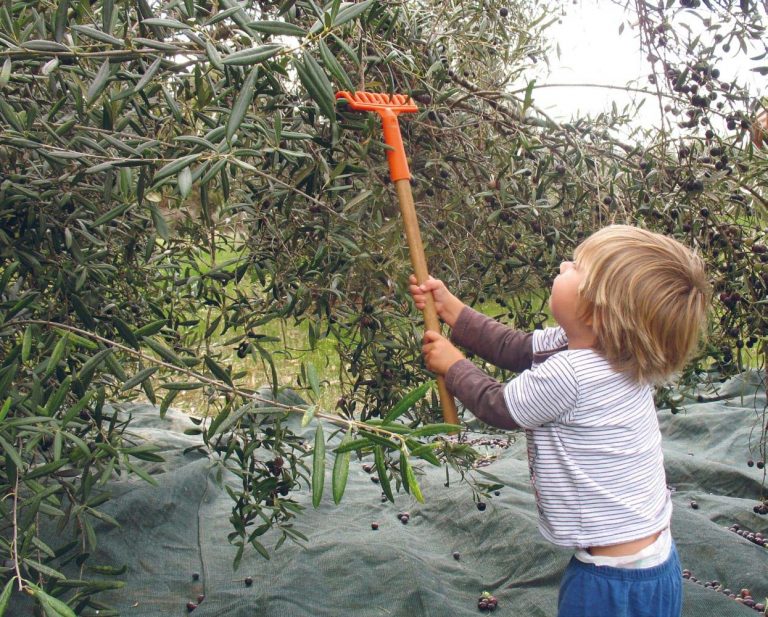Emma Lupin: Tropical Food Ambassador
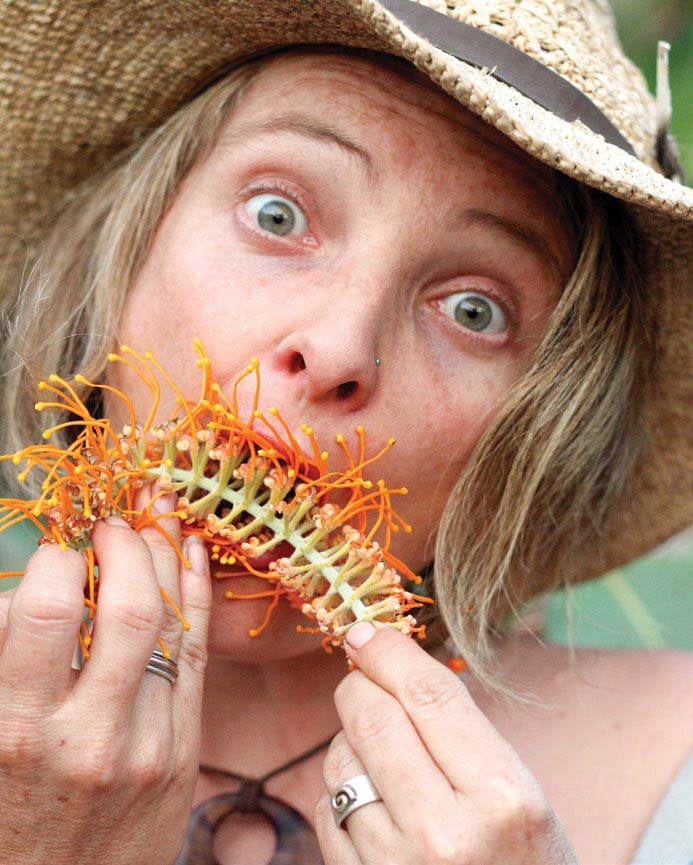
You may shy away from the idea of eating cane toad leg stir-fry; Emma Lupin will not. As a Northern Territory resident for the last seven years, Emma has channelled all her efforts into learning the ways of the tropics, finding local produce and searching for sustainable ways to grow it and delicious ways of cooking it – including cane toads, which she doesn’t recommend because they’re poisonous.
Finding and using local produce in the remote city of Darwin isn’t easy. Emma says a lot of dry goods can travel up to 30000 kilometres to reach there. Motivated to change how Territorians view their exotic local produce, Emma began a website ‘tasteofthetopend’ where anyone can go online to view and share their produce and recipes: ‘I thought there was a real need to get people in touch with local food and to tell them more about it’.

